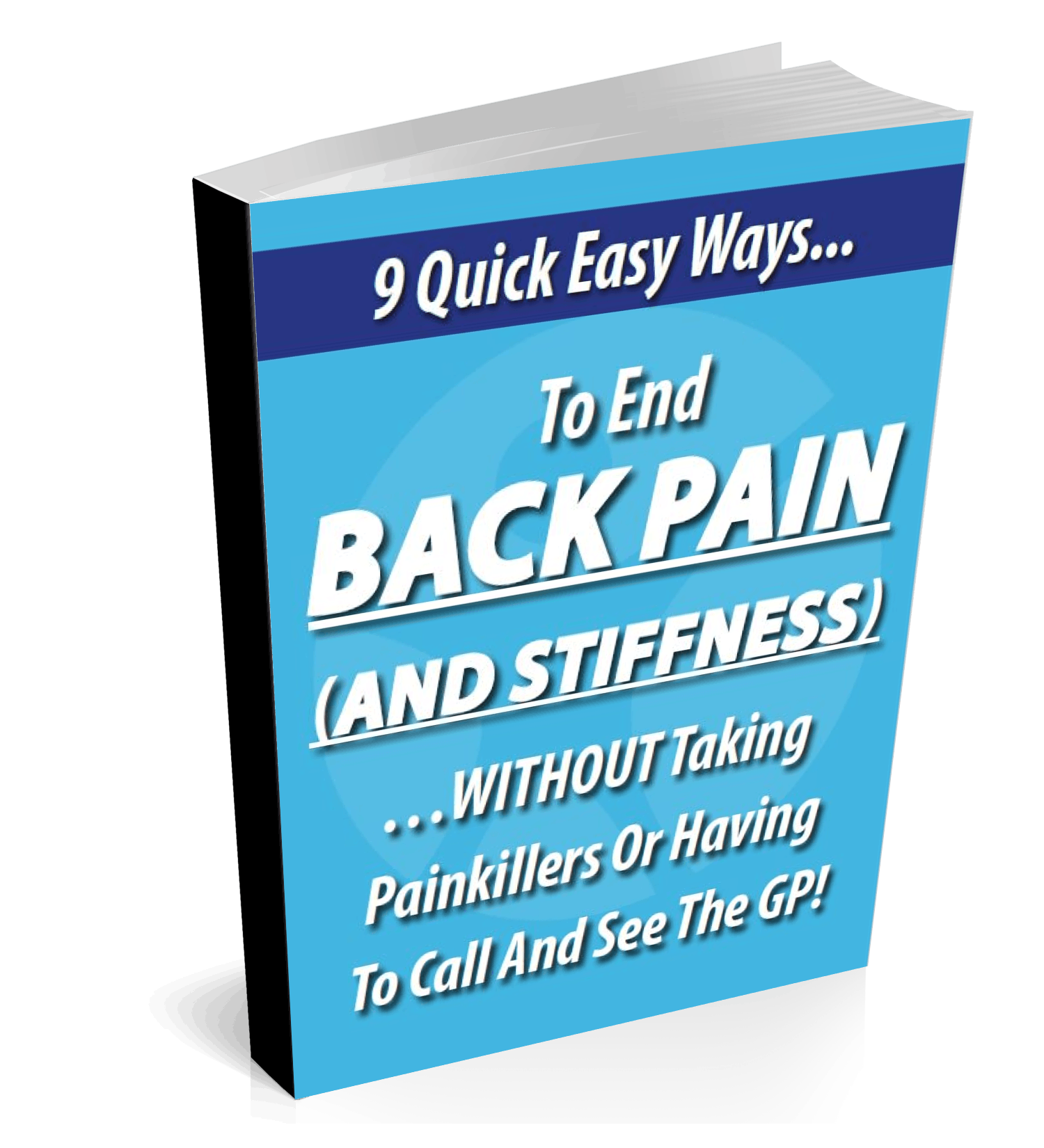Do you experience pain when you stand up or sit down? Do you feel a sharp pain when you put pressure on your heel?
You may be thinking ‘Yes! It’s Plantar Fasciitis’, but despite this diagnosis, no treatment is working. Sound familiar?
Plantar Fasciitis is a condition that’s often misdiagnosed and is an issue I see a lot in my clinic specifically.
If you’re reading this wondering if you have been diagnosed, and want to be freed from your lingering heel pain, this article is for you.
Let’s get into it.
Understanding Plantar Fasciitis
First, let’s get familiar with Plantar Fasciitis.
it’s a common condition where the thick band of tissue, the plantar fascia, that connects your heel bone to your toes becomes inflamed. It’s notorious for causing stabbing pain in your heel, particularly when you take your first steps in the morning.
The trouble with Plantar Fasciitis is that it often masquerades as other issues, leading to misdiagnoses and, subsequently, ineffective treatments. Today, we’re here to help you identify the signs that your heel pain might not be Plantar Fasciitis after all.
5 Signs Your Heel Pain Is Not Plantar Fasciitis
Sign #1: Unilateral pain
One of the telltale signs that your heel pain might not be Plantar Fasciitis is if it’s limited to just one foot.
While Plantar Fasciitis may indeeed occur on just one side, it often progresses to the other over time. However, if your pain remains isolated to a single heel, it could signal a different underlying issue.
Unilateral heel pain may indicate various conditions, such as Achilles tendonitis, nerve pain, heel bursitis, or even a stress fracture.
These conditions can mimic the symptoms of Plantar Fasciitis but require different approaches to treatment.
Sign #2 Pain Location
Plantar Fasciitis tends to cause pain primarily in the heel, but it can also extend along the arch of the foot. However, if your discomfort radiates to other areas, such as the ankle, calf, or even the back, it could be an indicator that something else is at play.
Pain that extends beyond the heel and arch region may suggest issues with the Achilles tendon, calf muscles, or even lumbar spine problems.
These conditions can coexist with or mimic Plantar Fasciitis
Sign #3 No Morning Pain
As I mentioned earlier, one classic symptom of Plantar Fasciitis is intense pain when taking your first steps in the morning. The plantar fascia tightens overnight, causing that initial pain upon rising.
This distinctive pattern of morning pain is a hallmark of Plantar Fasciitis.
However, if your heel pain doesn’t follow this pattern and is consistent throughout the day, it may not be related to Plantar Fasciitis.
It’s important to recognize that various conditions, such as nerve-related problems or structural abnormalities in the foot, can cause continuous heel discomfort. Understanding when and how your pain occurs is vital in determining the underlying cause and the most appropriate course of treatment.
It may be worth keeping a journal at hand so you can make notes on when pain occurs.
Sign #4 Lack Of Response To Conventional Treatments
Have you diligently tried the usual Plantar Fasciitis treatments – icing, resting, stretching, and using orthotic inserts – with no significant improvement? If so, it might be time to consider other possibilities.
Plantar Fasciitis typically responds positively to these conservative treatments within a few weeks. Many individuals experience noticeable relief as the inflammation in the plantar fascia subsides, allowing them to resume their activities with reduced pain.
However, if it’s been months with no real change or if your pain has worsened despite these efforts, it’s a clear indicator that an alternative approach is needed.
Sign #5 Pain Triggers
Pay close attention to activities that trigger or worsen your heel pain. While it’s common for Plantar Fasciitis pain to intensify during or after exercise, it often eases up with rest.
If your pain is consistently aggravated during specific movements or unrelated to physical activity, it could indicate that it’s not Plantar Fasciitis.
For instance, if your heel pain flares up when you flex your ankle or apply pressure to specific areas, it may be indicative of conditions like Nerve Pain, Achilles tendonitis, or heel bursitis. These conditions can have distinct pain triggers and require targeted interventions for effective relief.
Bonus: John’s Story. From Misdiagnoses to Overcoming Chronic Heel Pain
If you’ve made it this far, you’re probably doubting whether your heel pain is really Plantar Fasciitis.
Just like you, John felt the same. He wasn’t responding to typical treatments. Watch this video with our expert physical therapist Dr Damien Hiser to see how we successfully enabled John to overcome his chronic heel pain.
John helped himself. Be like John, help yourself too.
Reclaim Your Life From Heel Pain – Ready For The Next Step
Do you relate to John? Do you have a similar issue affecting you and are not finding relief or are dissatisfied with the results that you are currently receiving?
At Bodyworx, our expert team understand how common Plantar Fasciitis misdiagnoses are, and like John, we can help you say goodbye to your heel pain forever. You shouldn’t have to suffer alone. That’s why we offer a $39 Heel Pain Assessment to help you take the next step towards finding relief and reclaiming your life, that is a HUGE saving.
One of our expert physical therapists can provide you with a personalized plan that is tailored to solving your problems.
We recognize that traveling to the clinic may feel like a waste of time currently, or maybe your pain is still too great. That’s why we offer you a Free Telephone Consultation, allowing you to speak with our experts from the comfort of your home. This way, you can get the guidance and reassurance you need without leaving your safe space.
By speaking with one of our experienced therapists, you’ll have the opportunity to share your story and receive personalized advice on managing your sciatica. Our experts will listen attentively, assess your condition, and develop a tailored treatment plan designed to address your specific needs.
Take advantage of our $39 Heel Pain Assessment or Free Telephone Consultation today. With our guidance and support, you can regain control over your health and well-being. Let us be your partners in healing and recovery.
Click HERE or call us at 316 558 8808 to schedule your appointment today!
Don’t wait – relief is just a phone call away!
Until next time,
Cody Barnett PT
Additional Free Resources To Help With Heel Pain
Read Our Blog – Heel Pain And Plantar Fasciitis Treatment In Wichita, KS.
Subscribe to Our YouTube Channel – Bodyworx Physical Therapy YouTube Channel
Follow Us On Social Media – Bodyworx Physical Therapy Facebook



